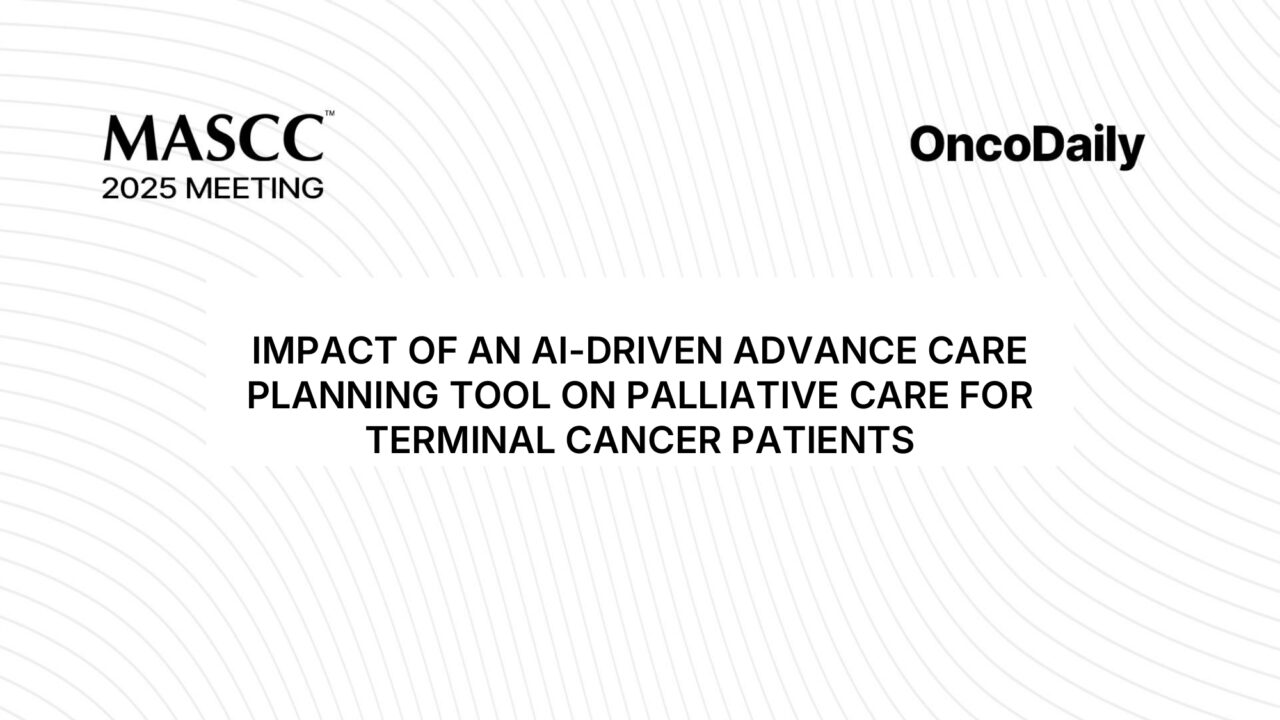Palliative care focuses on enhancing quality of life for patients with terminal illnesses by addressing symptoms and providing psychosocial support. A key component of this care is Advance Care Planning (ACP)—a process that enables patients to communicate their end-of-life preferences to guide treatment decisions. Despite its importance, ACP conversations are frequently delayed or avoided, leading to care that may not align with patient values.
To address this gap, researchers conducted a prospective study evaluating the implementation of an AI-driven ACP tool at a hospice center in Dhaka, Bangladesh. The tool leverages machine learning to deliver personalized care recommendations, aiming to support timely, informed, and patient-centered decision-making in palliative care settings. This study focused on its impact on care quality, communication, resource utilization, and caregiver burden.
Study Design and Methods
This was a prospective cohort study involving 110 terminal cancer patients receiving care at a hospice facility in Dhaka. Participants were enrolled after obtaining informed consent, and the study received ethical approval to ensure privacy and patient safety.
The AI-driven ACP tool used machine learning algorithms to analyze patient health records, symptoms, and psychosocial profiles. Based on this analysis, the tool generated personalized recommendations for advance care discussions and care planning. These suggestions were intended to facilitate conversations between patients, families, and care teams regarding prognosis, treatment goals, and end-of-life preferences.
Data were collected through:
- Patient health records
- Structured caregiver interviews
- Follow-up assessments
Key outcome metrics included:
- Perceived quality of care
- Efficiency of decision-making
- Utilization of healthcare resources
- Levels of caregiver stress and satisfaction
Key Results
The study demonstrated notable improvements in several palliative care outcomes associated with the use of the AI ACP tool:
- Improved resource utilization was observed in 90% of cases, with better alignment between care intensity and patient needs, leading to more cost-effective care delivery.
- Patient-centered communication increased significantly. The tool prompted earlier and more meaningful conversations about goals of care and end-of-life preferences.
- Among caregivers, 90% reported reduced stress levels after the implementation of the tool. Caregivers felt more confident in understanding and supporting patient wishes.
- In a satisfaction sub-analysis, 18 out of 20 caregivers expressed high satisfaction with the ACP tool, citing clearer guidance and improved care coordination.
- Perceived care quality improved in 80% of patients, as care plans were better aligned with individual values and needs.
These findings support the utility of AI in enhancing the delivery and personalization of palliative care, particularly in low-resource settings where workforce and time constraints often hinder the quality of ACP discussions.
Key Findings
- AI-enhanced ACP improves personalization: The tool helped tailor care recommendations based on real-time patient data, making care more responsive and individualized.
- Communication was enhanced: Clinicians and families engaged in ACP conversations earlier and more effectively, with improved understanding of patient goals.
- Caregiver burden was reduced: The structured support offered by the AI tool helped relieve emotional stress and uncertainty among family caregivers.
- Resource use became more efficient: Care delivery was streamlined, avoiding unnecessary interventions that did not align with patient goals.
- Cultural and contextual sensitivity remains key: While the tool showed strong potential, future adaptations must consider local values, language, and preferences to ensure scalability.
Conclusion
The integration of an AI-driven Advance Care Planning tool into hospice-based palliative care in Bangladesh led to measurable improvements in care quality, communication, and caregiver wellbeing. These findings suggest that digital tools can support more compassionate and cost-effective care even in resource-constrained environments. As global interest in AI for healthcare grows, such models offer a scalable, culturally adaptable pathway to improve end-of-life care—empowering both patients and their families during some of the most critical decisions in their care journey.


